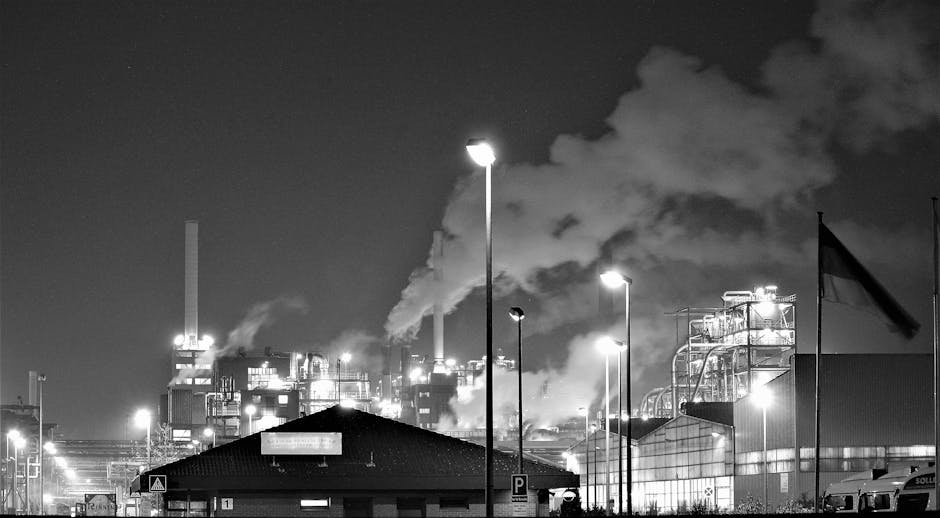Global warming, a pressing issue affecting our planet today, refers to the gradual increase in the Earth's average temperature due to the emission of greenhouse gases primarily caused by human activities. It has emerged as one of the most significant environmental challenges of our time, with far-reaching consequences for both the natural world and human societies.
The primary cause of global warming is the release of greenhouse gases, such as carbon dioxide, methane, and nitrous oxide, into the atmosphere. These gases trap heat radiated from the Earth's surface, leading to a gradual rise in global temperatures. Human activities, particularly the burning of fossil fuels (coal, oil, and natural gas) for energy production, transportation, and industrial processes, are the main sources of these greenhouse gas emissions.
The impacts of global warming are multifaceted and severe. Rising temperatures have resulted in increased frequency and intensity of extreme weather events, including heat waves, droughts, floods, and hurricanes. These events have devastating effects on human health, infrastructure, and ecosystems.
Furthermore, global warming has led to rising sea levels due to the thermal expansion of ocean water and melting of glaciers and ice caps. Coastal communities are particularly vulnerable to the threat of sea level rise, facing increased risks of flooding, erosion, and displacement.
The consequences of global warming are not limited to the physical environment but also extend to socioeconomic and political realms. Climate change can exacerbate food insecurity, water scarcity, and health challenges, particularly in vulnerable communities and developing countries. It can also lead to conflicts over resources and displacement of populations.
Addressing global warming requires a collective and concerted effort. Transitions to renewable energy sources, such as solar, wind, and geothermal, can significantly reduce greenhouse gas emissions. Energy efficiency measures, such as improved insulation and efficient appliances, can also contribute to emission reductions.
Additionally, conserving forests and promoting reforestation play a vital role in absorbing carbon dioxide from the atmosphere. Sustainable practices in agriculture and land use can further mitigate emissions and support climate resilience.
Individual actions can also contribute to the fight against global warming. Reducing personal energy consumption, choosing sustainable transportation options, and adopting plant-based diets are all positive steps that individuals can take.
It is crucial to recognize the urgency of global warming and take proactive measures to address this pressing issue. By understanding the causes, impacts, and solutions, we can empower ourselves and future generations to mitigate the risks and secure a sustainable future for our planet.

